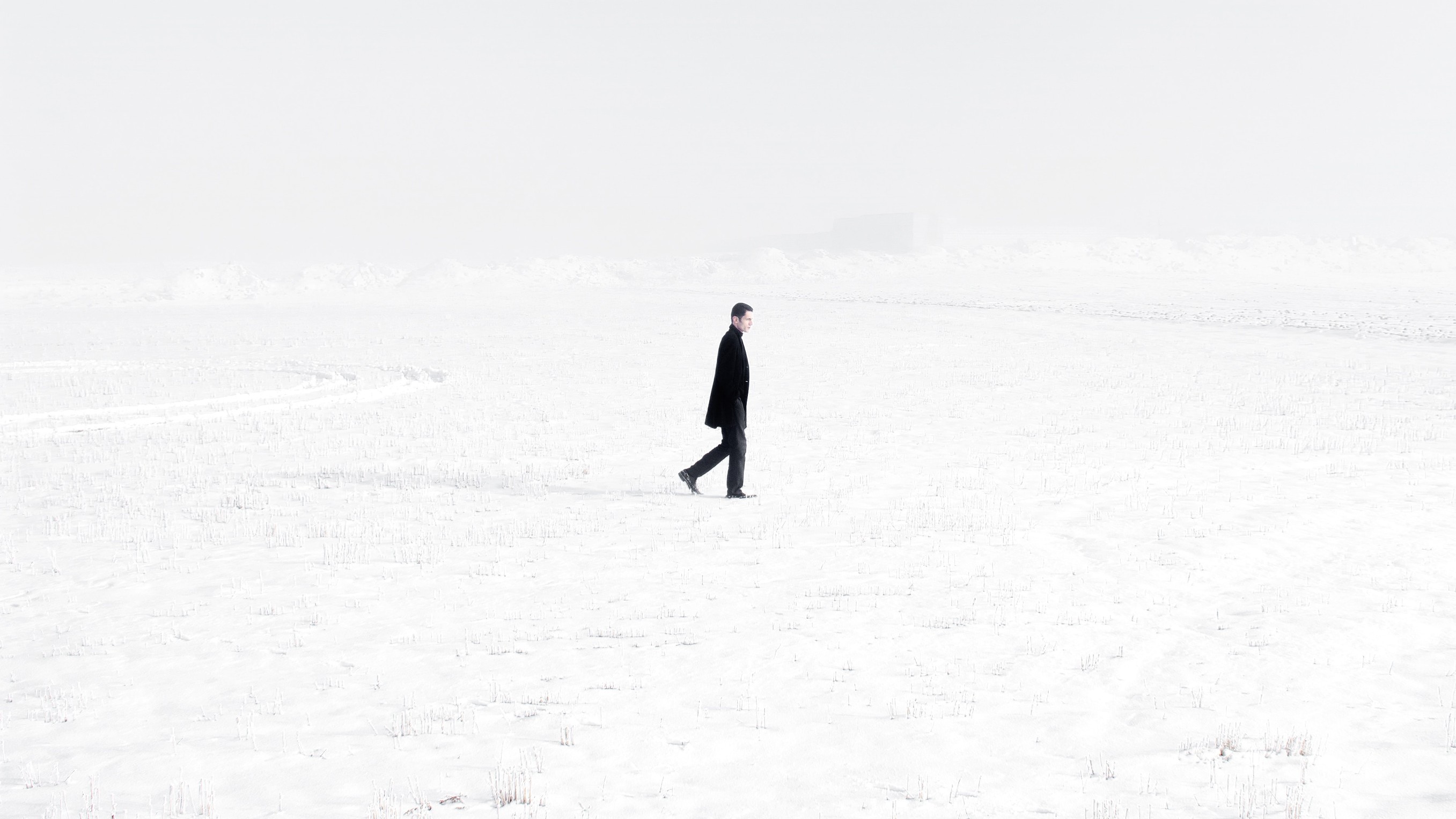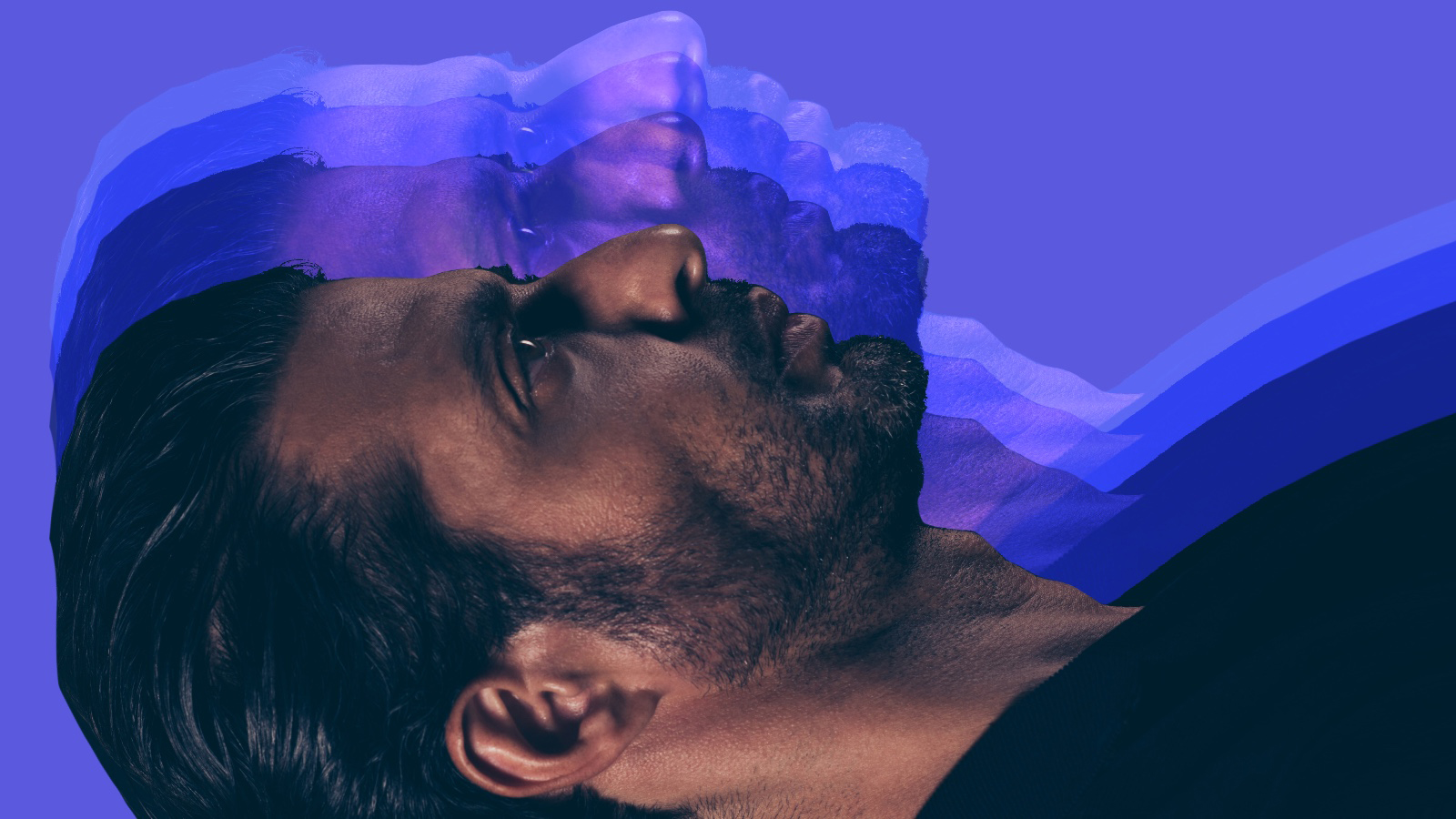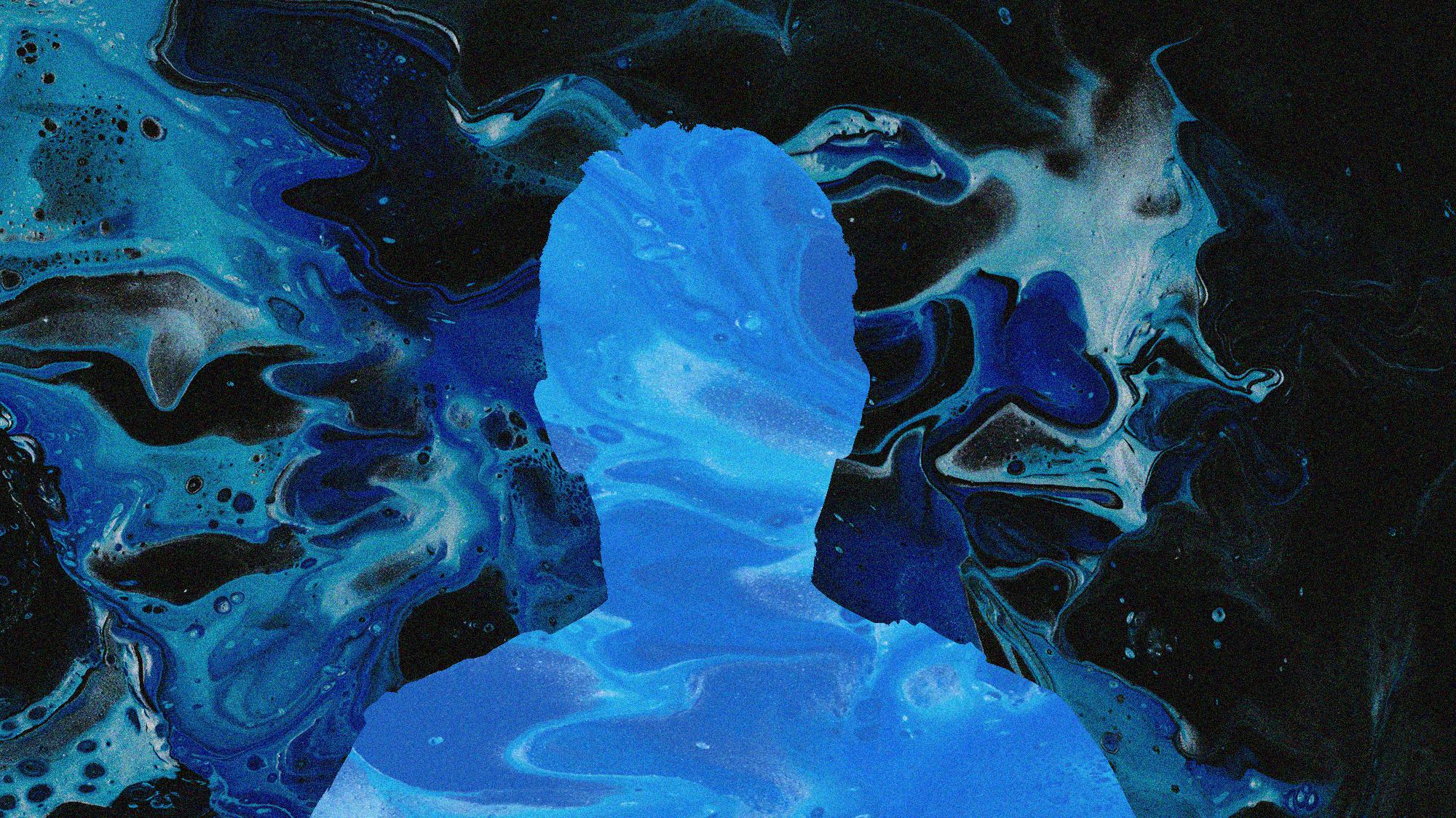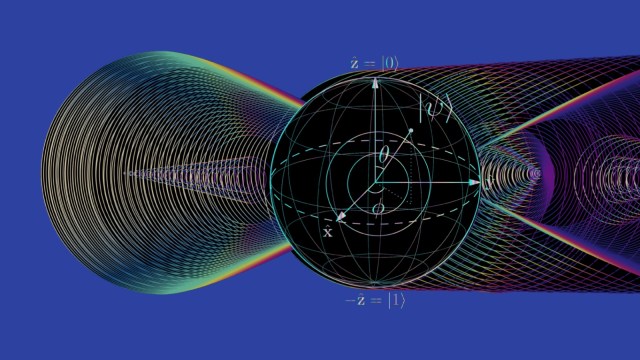The choice we must face when our loved ones die
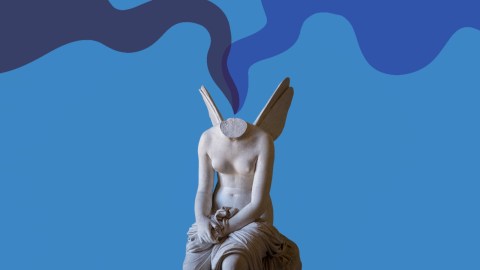
- Loss is the strangest of emotions, imposed on us from the outside but hitting us deep inside.
- Although death is inevitable and there’s no way to avoid grief, we ultimately choose how we deal with the loss of a loved one.
- While we are alive, we can turn our lives into something meaningful and inspiring to others.
My aunt, Rosa Lea, passed away a few days ago, a week short of her 85th birthday. She was a true force of nature — never at rest, with boundless energy and drive. She was also an absolutely beautiful woman, the type of beauty that people stop to look at in the streets. My uncle Boris (yes, I do have an uncle named Boris) had a huge scar across his cheek that he got in his engagement party to Rosa Lea. His friend was drunk and hitting on my aunt. My uncle interfered and got a broken bottle on his face. Nice friend.
My aunt’s death was unexpected, despite her age. Her lung cancer was asymptomatic until it was too late, and even so, the symptoms were subtle, not typical. It was as if death didn’t really want to take her but had to. Once diagnosed, it took only a few weeks. She was the last of my parent’s generation, leaving us “kids” to fend for ourselves. We are all orphans now, me, my brothers, and cousins.
Loss is the strangest of emotions, imposed on us from the outside but hitting us deep inside. Death is the ultimate proof of how deeply connected we are to the course of natural events. I like to say that since death is unavoidable, we can at least make it work hard to get us. But rationalizing death as part of the natural cycle of events does little to console us. Well, at least me. Yes, everything that is alive dies. But that doesn’t make loss any easier. When the loss of a loved one comes there is little we can do to prepare, even if we try. Or we may think we are prepared until that void hits us, the absence of someone that was so present in our lives but suddenly is no longer there. A voice that will no longer be heard. From companionship to memory. Not the same thing.
Loss is the most difficult aspect of being human. And the most beautiful. Why? Because the harder the loss the bigger the love for that person. In a strange balance, the more we love the more we grieve. But that love is so worth it. A life without loss is a life without love.
In one of my favorite movies, Kaos, by the brilliant Taviani brothers, the Nobel-prize winning author Luigi Pirandello goes back to his home in Sicily to meet his mother’s ghost. As they talk, Pirandello tells his mother that what hurts him the most is that she is no longer there to think about him, to see him. Losing a beloved parent means that they are not going to tell you how much they love you, or how proud they are of you. Their warm embrace, physical and emotional, is forever gone. The loss is left for us, the living, to deal with.
There is no simple formula to grieving. I’ve been grieving my mother since I was six, and every day I feel her absence. She can’t think about me and was absent for all the events that happened in my life, including her five amazing grandkids she never met. She won’t be back, even though I tried, as did Pirandello, to talk to her ghost a few times. Even as I failed, I realized that while I think about her, she is still alive inside me. We only die when no one remembers us.
What we can do as we lose someone we love is choose how to deal with the loss. We can sink into endless sadness to the point of paralysis. We can paint a picture of despair and feel that the life we have is worthless. That’s part of grieving, as long as it is temporary. Because if we think about it, that is surely not the way the person we lost would like to see us react to their absence.
I remember as a teenager being in a very dark place, feeling that life was unfair to me. Why me? All my friends had their moms pick them up at school, and I’d see them leave holding hands and chatting away about the day. It tore me inside. But when I hit 15, it was clear to me that I had to make a choice: either the path of light or the path of shadow. I did wander in the darkness for a while, long enough to realize that that was the wrong way, that it would only lead me to self-destruct. It was at my lowest point that I saw the other way — the way to the light, the way to a life of meaning. What drove me there was my mother’s absence, her life cut short too early. I’d live, I decided then, to celebrate her life and memory. And that’s what I’ve been doing ever since. The comfort that comes from making this choice is subjective. In my case, it saved me from wasting my life in the meaningless pursuit of lost time. Life, I realize, is what happens next. I think my aunt always knew that.
Last weekend, my son Lucian had an important cross-country race for his school, Hanover High School. He’s a very serious and dedicated runner and student, with a sense of purpose that fills me with parental pride. As the fastest runner on his team (college coaches take note!), he knew he had to deliver. The morning of the race, as I was driving him to the school to meet his team, he surprised me by asking me for a photo of aunt Rosa Lea to look at before the race. I realized that she was the first person he knew as a teenager that had died. I also realized that she remained alive inside of him as an emotional presence and an inspiration.
We die like every other form of life dies. Every day that we live is one less day that we live. But while we are alive, we can turn our lives into something meaningful and inspiring to others. Looking at my son, I understood that Rosa Lea had lived a full life. May we all live like that.

